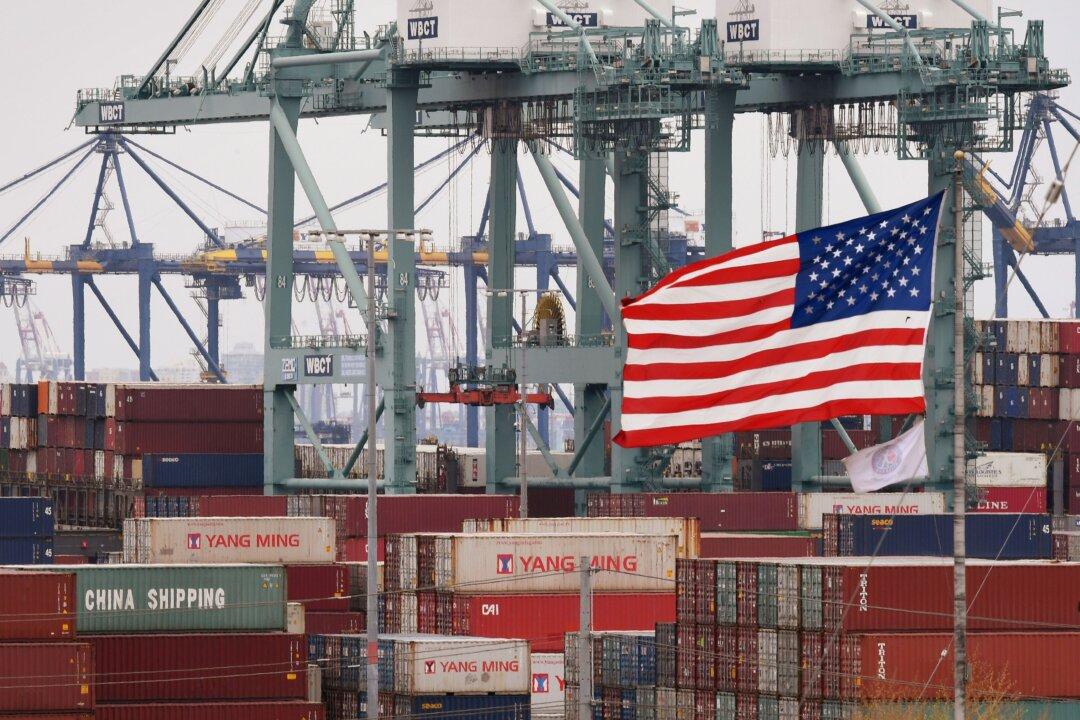WASHINGTON—The Trump administration on Aug. 13 delayed imposing a 10 percent import tariff on laptops, cell phones, video game consoles, and some other products made in China that had been scheduled to start next month, in an abrupt pullback from a hardline stance on Chinese trade.
The U.S. Trade Representative’s Office action was published just minutes after China’s Ministry of Commerce said Vice Premier Liu He conducted a phone call with U.S. trade officials.





